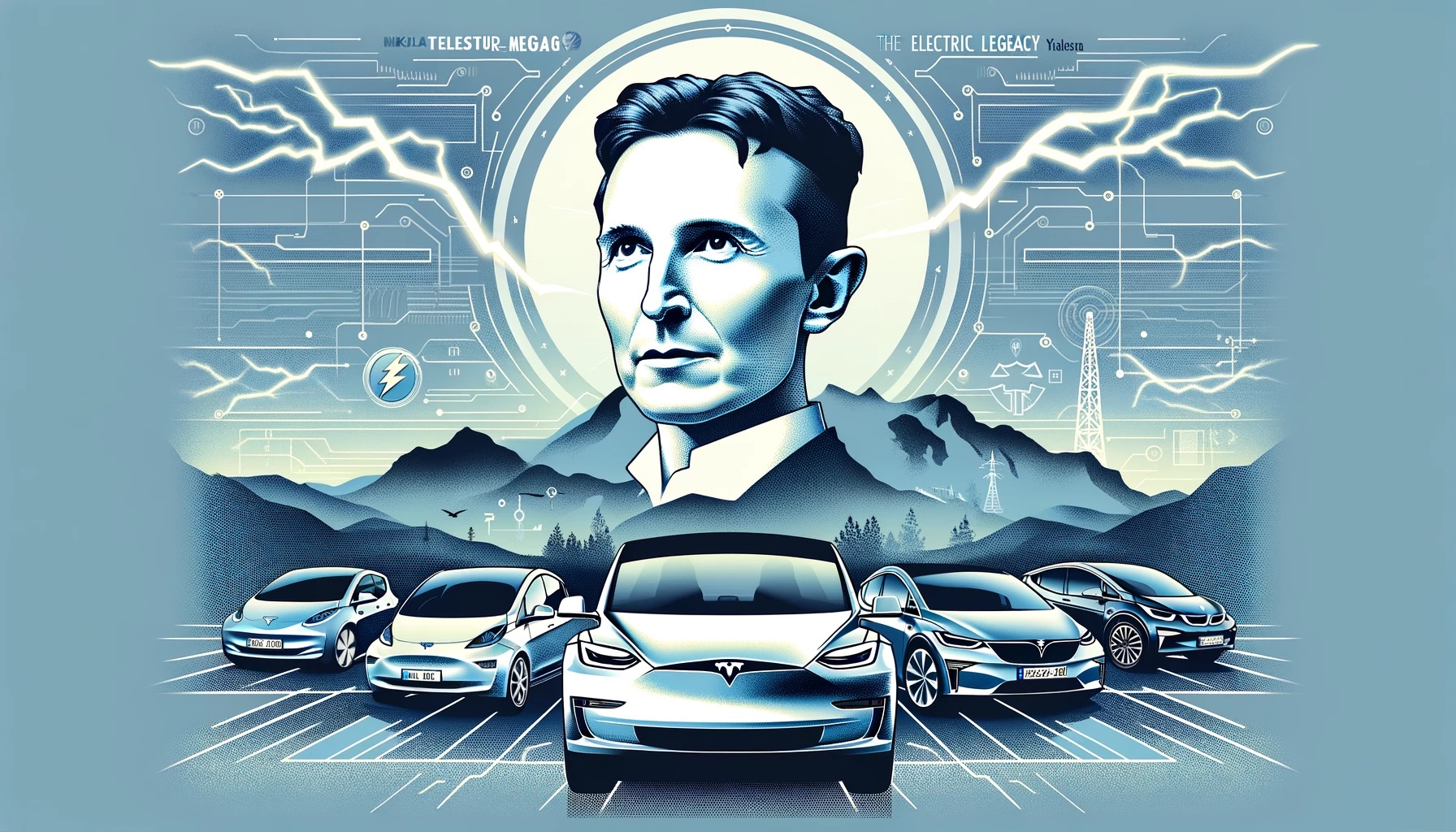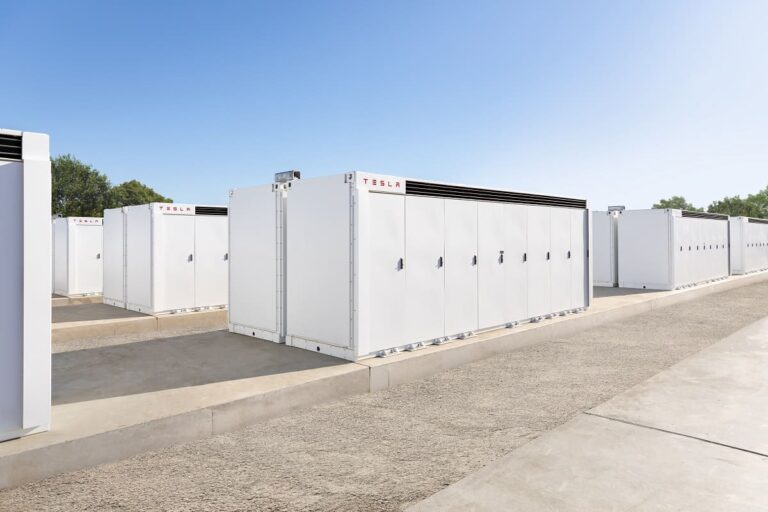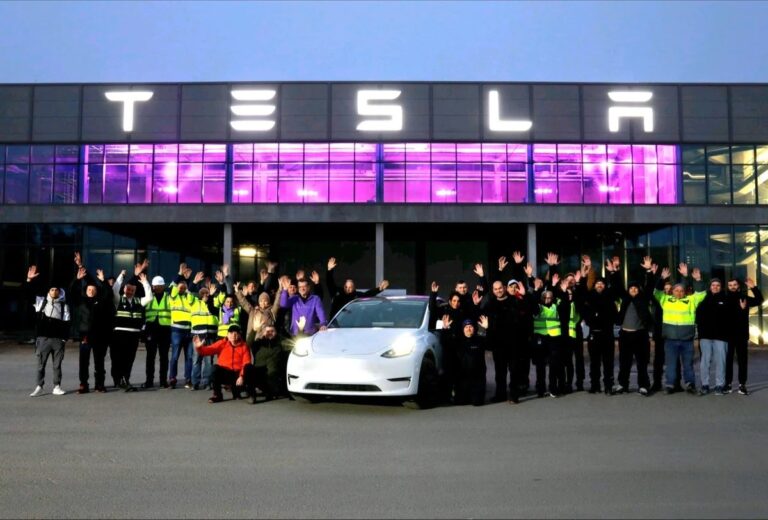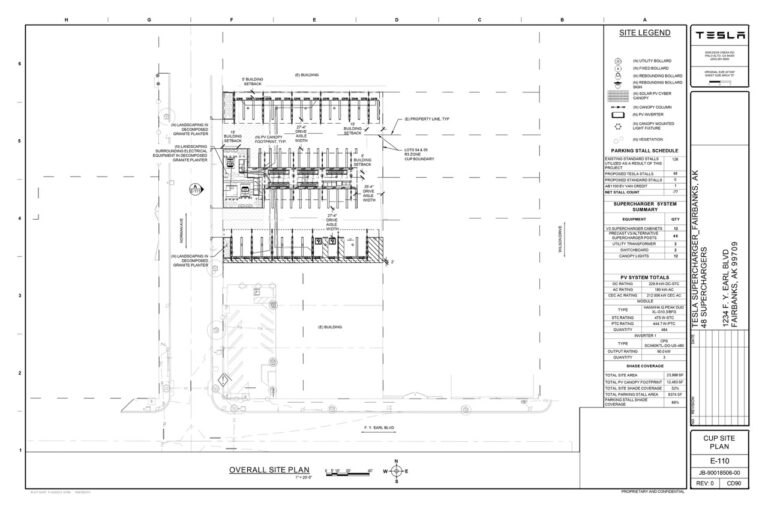This American manufacturer will no longer stop electric in 2030 as it announced
Cadillac, the iconic luxury car brand, recently announced a significant adjustment to its electric transition strategy. Initially committed to becoming an exclusively electric brand by 2030, Cadillac has decided to extend the sale of gasoline vehicles beyond this date.
Background to the decision
The move comes at a time when several major automakers are reconsidering their plans to transition to electric, due to various challenges such as supply chain, insufficient charging infrastructure, and fluctuating market demand. Cadillac, which had made a bold commitment to complete electrification, finds it necessary to modulate its ambitions to adapt to these external realities.
Implications for industry
Cadillac’s turnaround could have significant repercussions on the auto industry, particularly in the luxury segment. As many competitors accelerate their electrification efforts, Cadillac’s choice to maintain a mixed offering raises questions about the long-term viability of internal combustion vehicles and traditional automakers’ commitment to global climate goals.
Reactions and criticisms
This announcement sparked mixed reactions. Environmental advocates and some investors who prioritize sustainability are criticizing Cadillac for what they see as a step backwards in the fight against climate change. However, others, including some dealers and customers loyal to the brand, see the move as necessary pragmatism that allows Cadillac to remain competitive while continuing to explore electric technology at its own pace.
Future prospects
Despite this change of direction, Cadillac remains committed to the development of electric vehicles. The brand plans to launch several new electric models in the coming years, although the timing and scale of this transition is now less clear. This strategy allows Cadillac to keep a foot in two worlds, maximizing its appeal to a diverse consumer base.
Conclusion
Cadillac’s announcement to extend sales of gasoline cars beyond 2030 reflects the complex challenges automakers face in their transition to cleaner technologies. While this may seem like a step back from their previous commitments, it is also a reminder that the path to electrification is fraught with unforeseen obstacles and that strategies must evolve in response to an ever-changing landscape.






